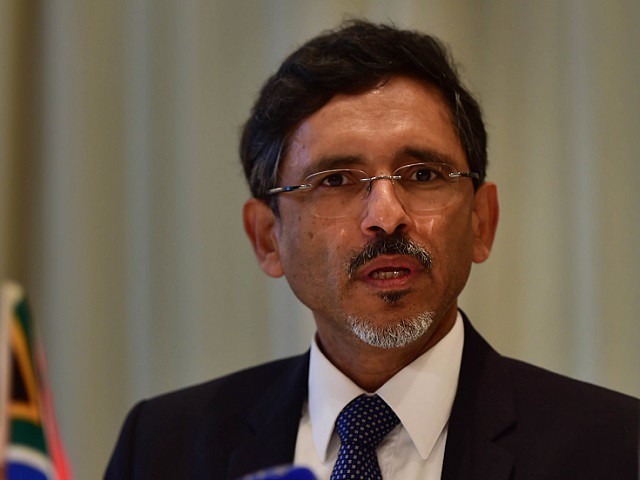
Trade, Industry and Competition Minister Ebrahim Patel is insisting that
the Industrial Development Corporation (IDC) play a far more assertive
counter-cyclical investment role in the flagging South African economy and has
formally set a R110-billion, five-year disbursement target for the State-owned
development finance institution (DFI).
Meeting the target would require the IDC to make
average yearly disbursements of R22-billion from 2020 to 2024 – a significant
increase from the past five-year period when a total of R60.4-billion was
disbursed at an average yearly rate of about R12-billion.
During the financial year to March 31, 2019, the
IDC disbursed only R11.8-billion, representing a 23% fall from record
disbursements of R15.4-billion reported in 2018.
Engineering News Online understands
that the IDC has set a base disbursement budget of R19.7-billion for 2020, but
also has a stretch target of R21.7-billion for the current financial year.
Speaking at the IDC annual results presentation in
Johannesburg on Tuesday Patel, who is the group’s shareholder Minister,
acknowledged that the R110-billion figure was a “stretch target”, particularly
in light of a weak economy, as well as an inadequate project and transaction
pipeline. The South African economy is unlikely to grow by better than 1% in
2019.
Nevertheless, government wanted the IDC, which is
Africa’s largest DFI, to upscale its contribution in support of President Cyril Ramaphosa’s goal, set in 2018,
of attracting R1.4-trillion-worth of domestic and foreign direct investment
over a five-year period.
During the inaugural South Africa Investment
Conference held in October last year, investment commitments worth R290-billion
were announced, but have been slow to materialise. Patel revealed that the
second South Africa Investment Conference would be held from November 5 to 7
and would have a strong focus on increasing investment by domestic firms.
“These are stretch targets . . . but the IDC is a
counter-cyclical entity and, like other counter-cyclical entities in the public
sector, it’s got to lean into the wind in order to help the economy to grow.
So, it has to do a little bit more, particularly when times are tough,” Patel
asserted.
IDC CEO TP Nchocho said the organisation would seek to respond to the
shareholder’s demands by becoming more proactive in developing the project and
transaction pipelines and in leveraging partnerships with both private- and
public-sector entities.
Nchocho added that it would also be focussing on
becoming more effective in implementing its strategy and in enhancing earnings
from its portfolio of nonlisted investments.
The Minister’s call was made, however, against the
backdrop of a poor financial and operational performance by the IDC during its
2019 financial year, during which the group’s approvals, disbursements and
earnings fell.
The group’s profits fell to R720-million from
R3.2-billion in 2018. However, CFO Nonkululeko
Dlamini stressed that the result was heavily affected by changes to
accounting standards.
These changes prevented the IDC from recycling
capital gains of R2.3-billion back to profits.
On a like-for-like basis, therefore, profits declined 14%, from R841-million to R720-million.https://www.engineeringnews.co.za/article/idc-urged-to-up-its-counter-cyclical-game-as-patel-sets-r110bn-disbursement-target-2019-08-13

